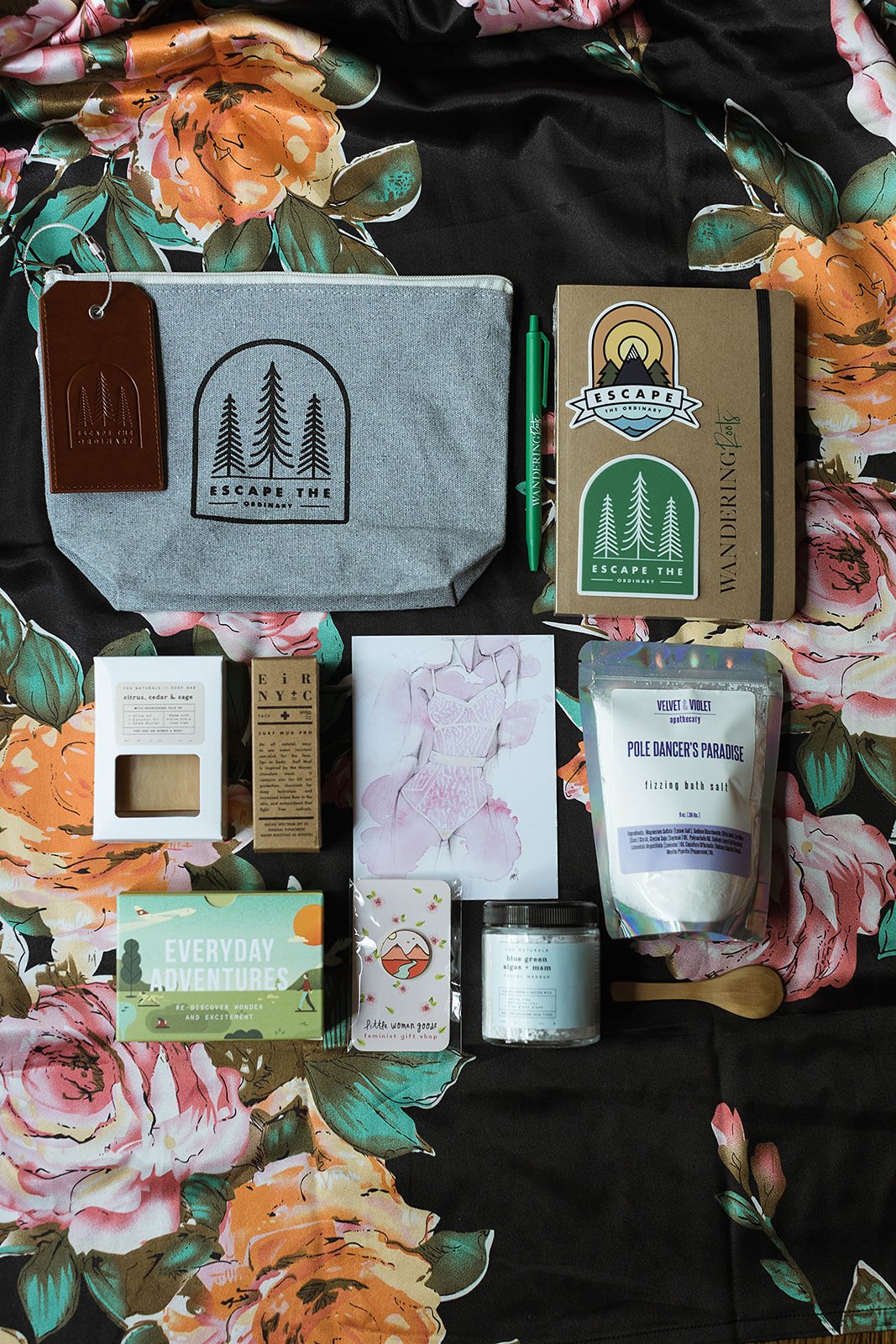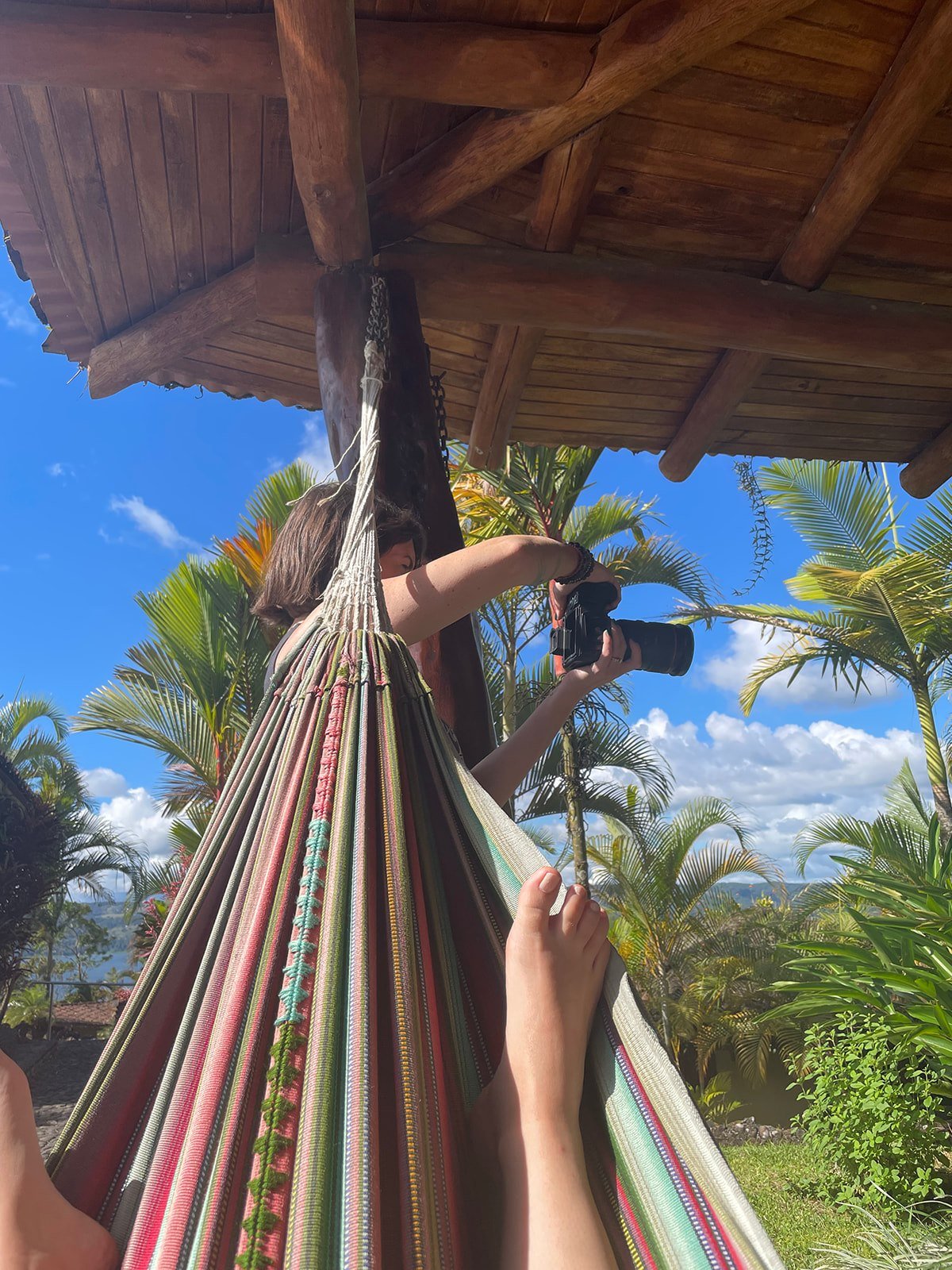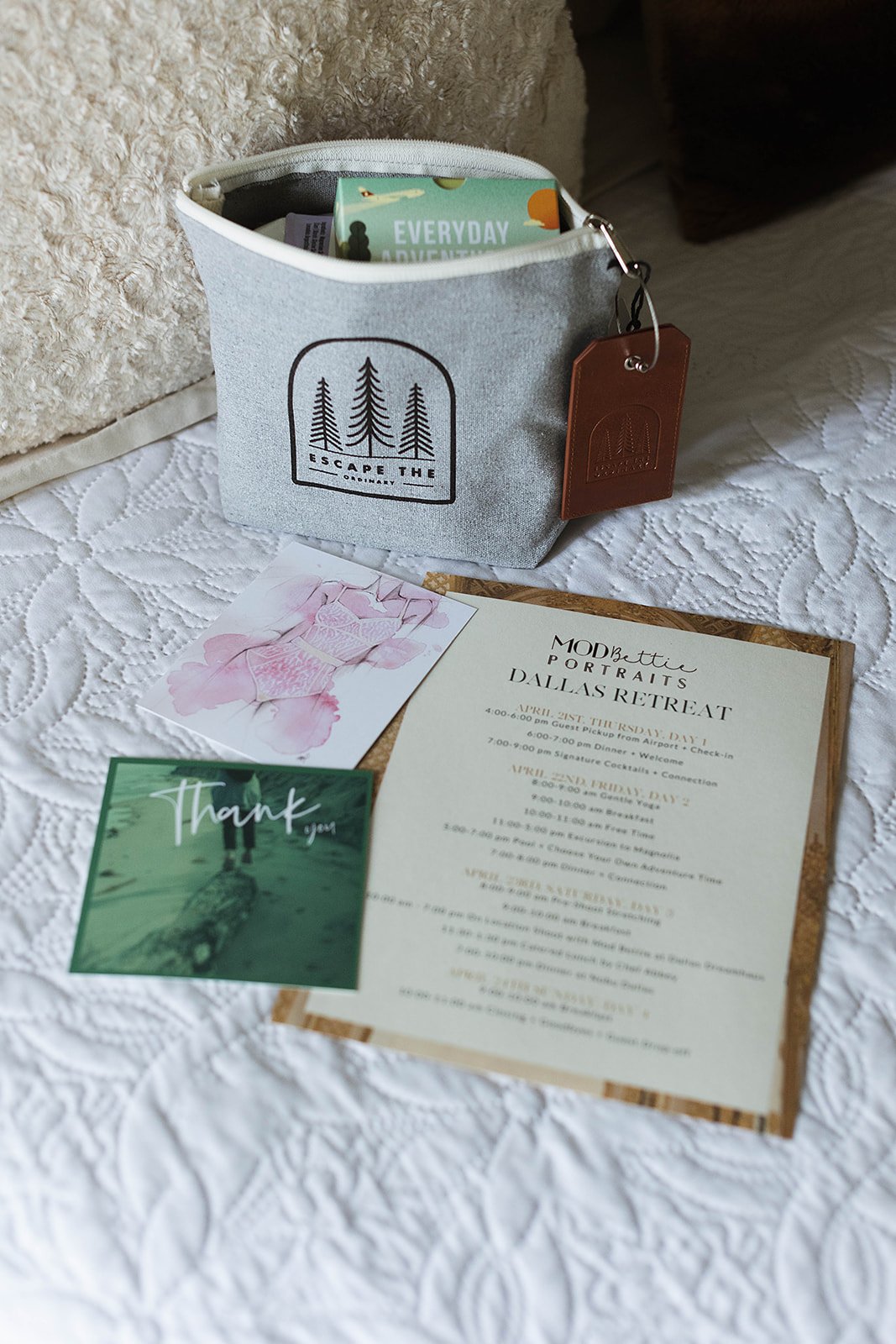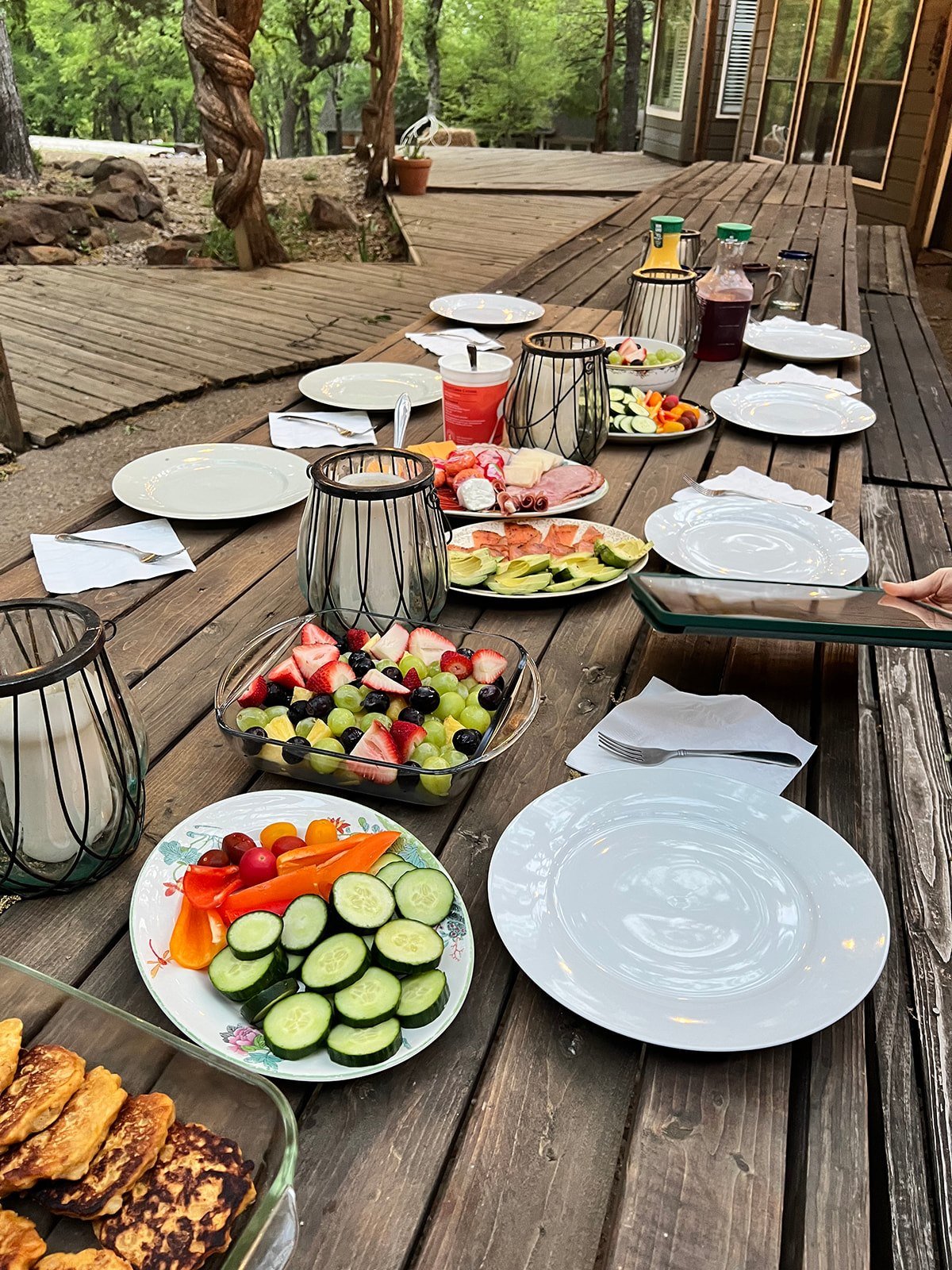Retreat Planning 101: Essential Tips for Beginners
Ever found yourself daydreaming about the perfect retreat? Maybe you're new to the whole planning scene, or perhaps you're a seasoned organizer looking for fresh ideas. Well, you're in the right place. As someone who eats, sleeps, and breathes retreat planning, I've got some thoughts to share with you. Picture this: a retreat that not only meets your goals but exceeds your expectations. You can organize a retreat, even if you're new and lack experience; you just need a bit of assistance.
Not sure which one suits you best? Let's work it out together. Our services include tailored planning and a guide to mastering the intricacies of retreat planning and hosting. To discuss your retreat aspirations, adventure essentials, hosting insights, or any queries you might have, schedule a complimentary consultation call! Together, we'll chart the perfect course to fulfill your retreat hosting goals.
To get started, I’ve laid out a couple of steps to take, if you would like to start planning your own retreat. Whether this be for friends, or a corporate gathering, I assure you that it can be successful.
Follow these simple steps…
Define Your Goals → Starting to plan a retreat can feel overwhelming, so you want to ask yourself, what is your goal? Why do you want to have this retreat? Whether it's team building, skill development, or relaxation. You want to start by prioritizing your goals, ensuring that they all align with your organization/group! Make sure you document these somewhere that you can consistently look back on in the planning process. The most important thing to remember, is to be flexible. The thoughtful approach sets a solid foundation for a successful retreat.
Know Your Audience → Whether you're a newbie or a seasoned pro, the key is understanding your audience's needs and preferences. Tailor the experience to their interests, communicate clearly, and strike the perfect balance between structured activities and flexibility. Don't forget to include everyone with inclusive activities and seek feedback for continuous improvement. Prioritize safety, embrace cultural sensitivity, and pay attention to the details.
Scouting Location → When initiating the planning process for a retreat, the first step in scouting for a location involves defining your needs and preferences. Consider factors such as the retreat's purpose, the number of participants, and any specific requirements. With these criteria in mind, start researching potential venues. Utilize online resources, event planning platforms, and recommendations to compile a list of options. Reach out to the shortlisted venues to gather essential information, including availability, facilities, and pricing. If possible, conduct site visits to assess the atmosphere and suitability firsthand. This initial scouting phase lays the groundwork for finding a location that aligns seamlessly with the goals and ambiance you envision for your retreat.
Plan Early, Budget Wisely → Depending on the size of your group, your planning timeline could vary. If you’re planning to head out of the country, or out of state, the earlier, the better. This could be up to a year long in advance. So be sure that you are keeping that in mind. A rewarding retreat adventure begins with sculpting clear objectives, much like carving the path through a lush forest. When it comes to budgeting, envision your financial landscape as a canvas waiting for strokes of wise allocation. Secure key elements like the perfect venue and captivating facilitators.
Communication → Keep Everyone in the Loop
You should ensure that everyone is up to date on the key details for your retreat. This includes things like, the cost, activities available, trip dates, essential preparations like important things to pack, etc.
Balance Structure + Flexibility
When it comes to retreat planning, this is possibly the most important and challenging part in the process. This is supposed to be a RETREAT, so don’t jam pack your days with a busy schedule of events. Finding this balance while maintaining flexibility in planning is an essential component to make your retreat a success. When walking through your timeline of specific events and group activities, make sure you build in buffers of time to allow for adjustments, and spontaneity. Assign designated free times within the schedule where participants can choose activities based on their preferences. This helps strike a balance between planned sessions and personal downtime, fostering a relaxed and enjoyable atmosphere. During your retreats you want to make sure that you add in a couple of personalized touches and additional things to assure everything goes smoothly. Shower gratitude upon participants and facilitators with things like Take-Away items to make everyone feel extra special.
Bonus Tip: Evaluate and Learn for your Future Retreats!
Be responsive to participant feedback and unexpected opportunities that may enhance the overall experience. Having a well-structured plan with built-in flexibility ensures that the retreat is organized and purposeful while still allowing room for organic moments and individual choices.
When planning a retreat, it is essential to keep things simple and straightforward, whether it's a corporate function or a private gathering. As a beginner, you should focus on clear communication, thoughtful preparation, and the ability to adapt to unexpected situations. Remember, every step you take will help you build a solid foundation for a meaningful and memorable experience. Here's to your next retreat - may it be a journey of growth, connection, and lasting memories. Happy planning!





